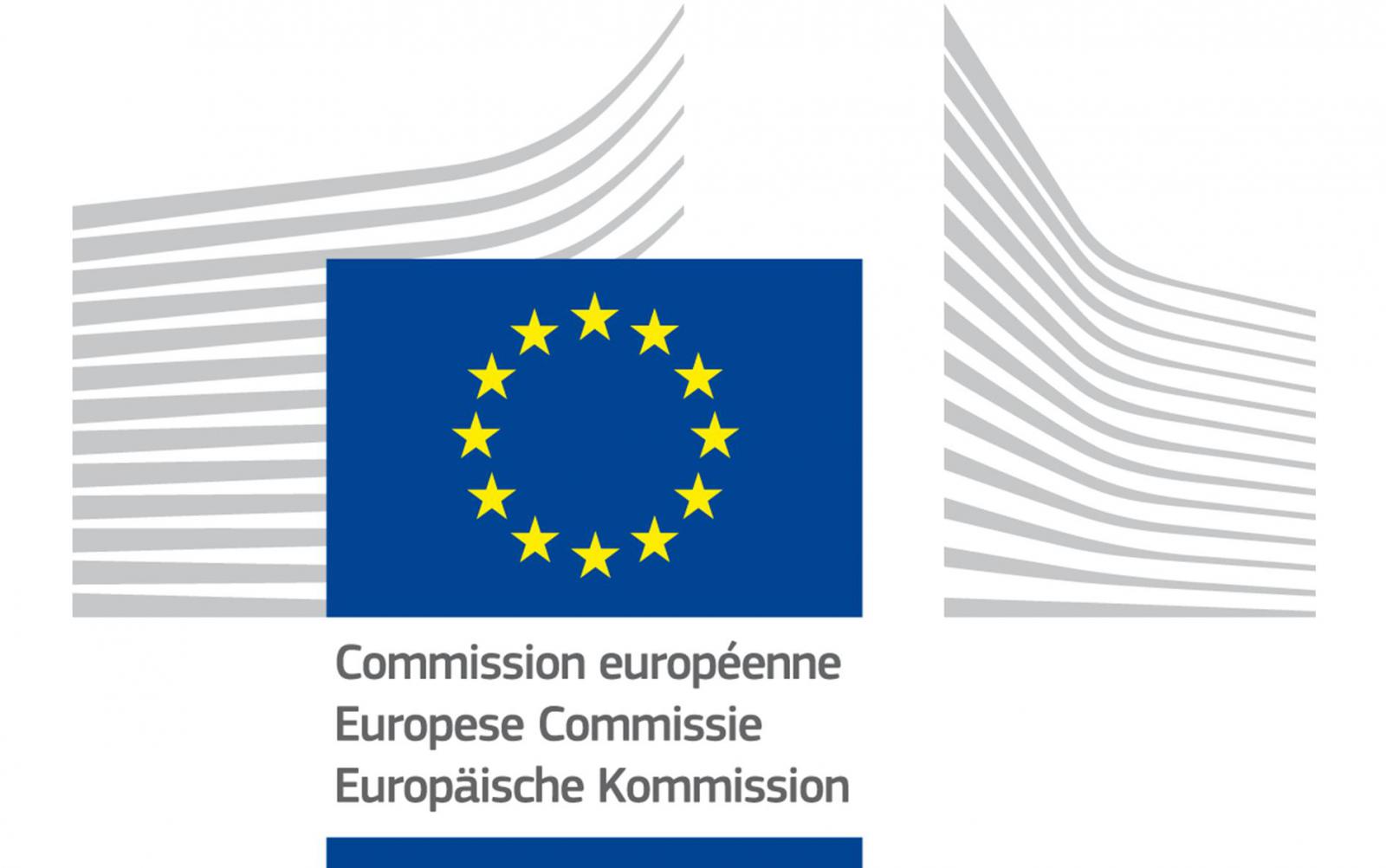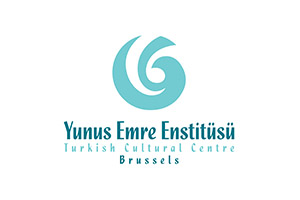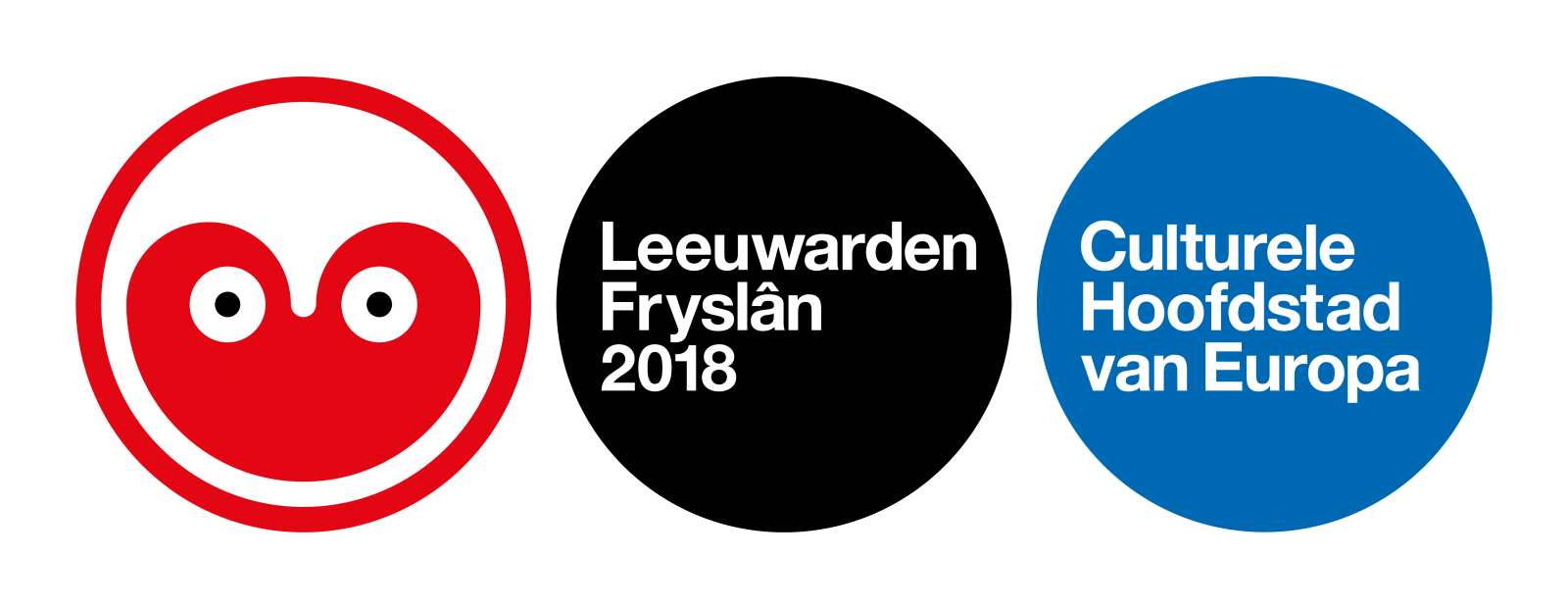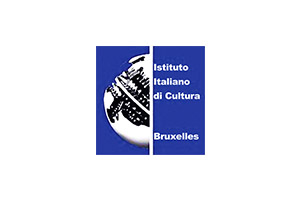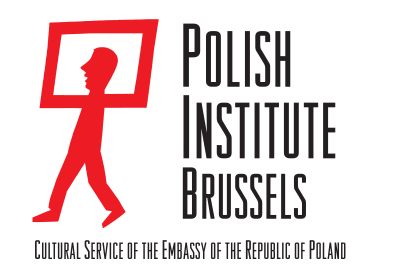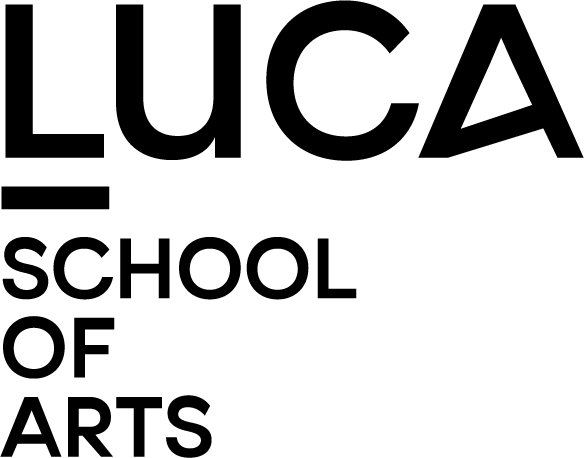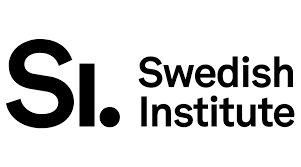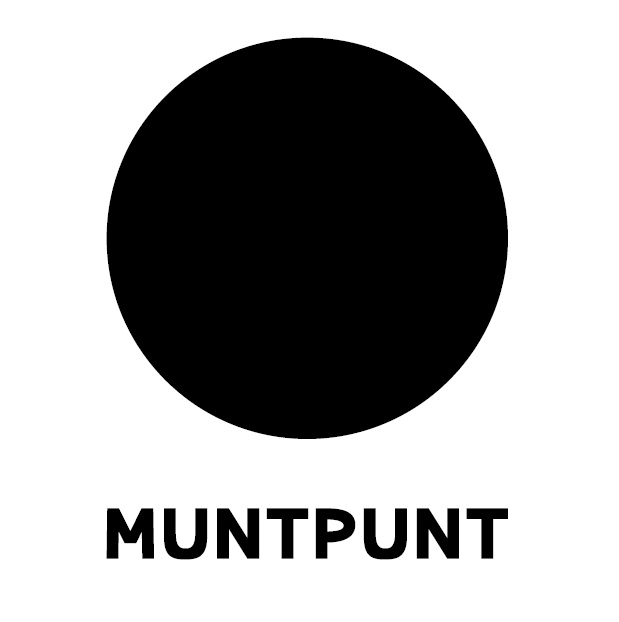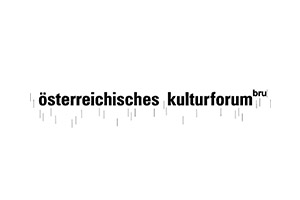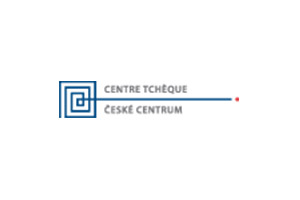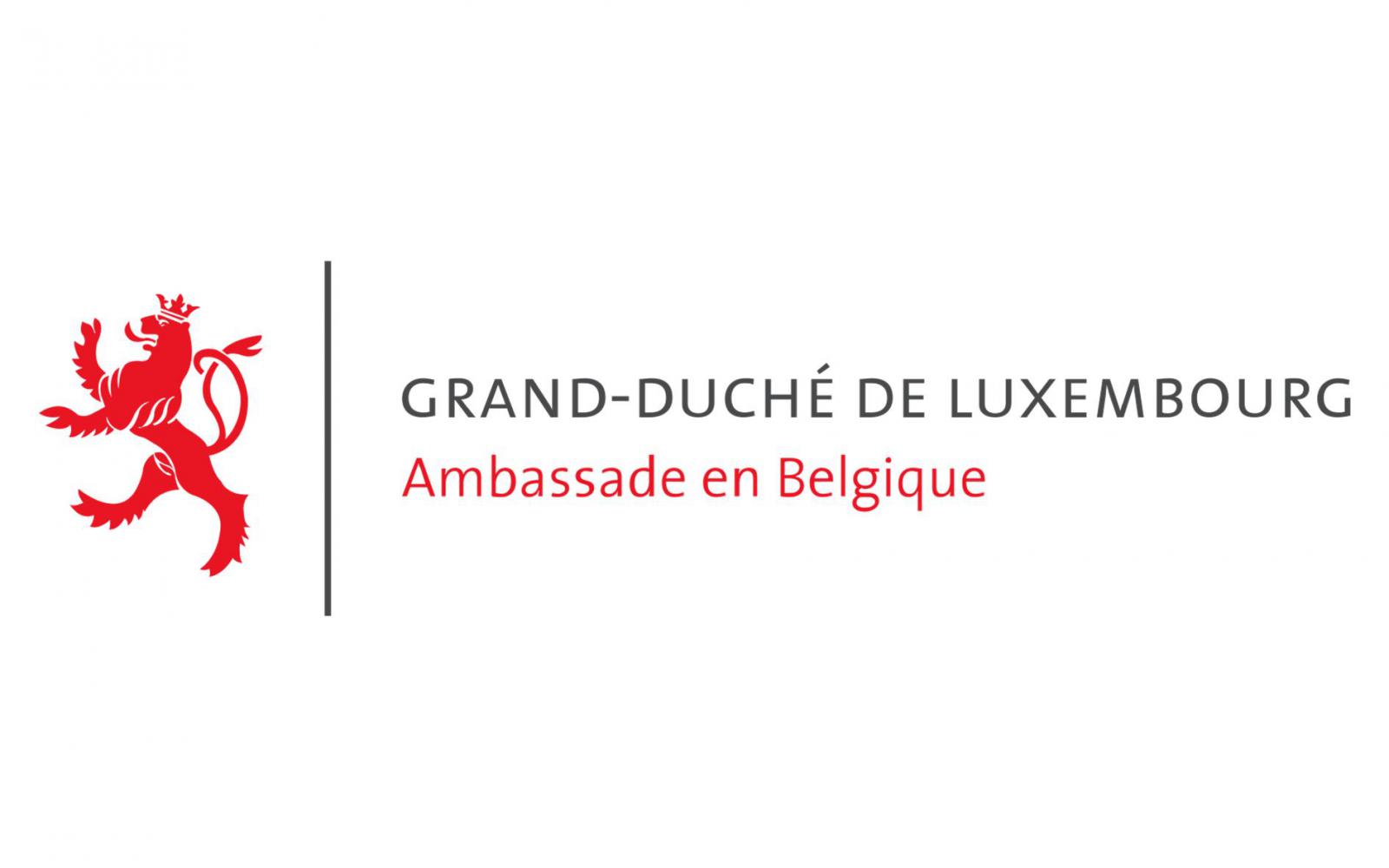Find a poet
Latest updates
-
TRANSPOESIE 2025
09/24/2025 -
Transpoesie 2025 - Programme
09/24/2025 -
Transpoesie 2025 - Open Call
04/16/2025
Itxaro BORDA
Itxaro Borda Baionan jaio zen 1959an. Batik bat euskaraz idazten du eta hogeita hamar urte inguru daramatza Euskal Herriko egunkari eta aldizkarietan parte hartzen. Historia ikasi zuen eta gaur egun postaria da lanbidez. Haren poemek, poema-bildumek, euskal kantarientzako idatzitako testu ugariek eta artikuluek gure garaiko idazle enblematikoa bihurtzen dute. 2002an Euskal Literatura Saria irabazi zuen, %100 basque eleberriari emana. Lan hori egileak frantsesera itzuli eta Quai Rouge argitaletxeak publikatu zuen. Zarautzeko Susak, aldiz, Zeruetako Erresuma argitaratu zuen 2005ean eta 2009an Ezer Gabe Hobe publikatu zuen, migratzaile mota guztien epopeia garaikidea kontatzen duen eleberria. Gainera, Itxaro Bordak sarritan erabiltzen du Amaia Ezpeldoi detektibea, egun Euskal Herrian gertatzen ari denari buruzko iritzia (sarkastikoa eta samurra) emateko. Idazlearen bost liburuki eta lau kontakizun frantsesez ere irakur daitezke. Azkenik, musikaz lagundutako errezitaldietan parte hartzen du Euskal Herrian eta Frantzian zehar.
Itxaro Borda was born in Bayonne in 1959. She writes primarily in the Basque language and has been submitting her work to various newspapers, periodicals and magazines of the Basque Country for nearly thirty years. A historian, she currently works for La Poste. Her novels, her collections of poetry, her numerous texts written for Basque vocalists, and her articles have made her an iconic writer of our times. In 2002, she won the Basque Country Prize in Literature for her novel 100% Basque, which was published in her own French translation by Éditions du Quai Rouge. Zeruetako Erresuma/Le Royaume des Cieux [Kingdom of Heaven] was published in 2005 by Susa (Zarautz), who in 2009 also published Ezer Gabe Hobe/Les démunis [Better with Nothing], which recounts the modern saga of migrants of all types. Borda often express her opinion (sarcastic yet affectionate) of Basque current affairs through the character of her detective Amaia Ezpeldoi, who appears in five books and four stories that are available in French as well as in Basque. Borda also participates in live poetry readings accompanied by musicians throughout the Basque Country and France.
Itxaro Borda est née à Bayonne en 1959. Elle écrit principalement en langue basque et propose sa collaboration à divers journaux, revues ou magazines du Pays basque depuis près de trente ans. Cette historienne de formation travaille actuellement à La Poste. Ses romans, ses recueils de poèmes, ses nombreux textes écrits pour des chanteurs basques, ses articles en font une écrivaine emblématique de notre temps. En 2002 elle a obtenu le prix Euskadi de littérature pour son roman 100 % basque, traduit par l’auteur et publié en français aux éditions du Quai Rouge. Zeruetako Erresuma/Le Royaume des Cieux, est sorti en 2005 chez Susa à Zarautz ainsi que Ezer Gabe Hobe/Les démunis en 2009 qui raconte l’épopée contemporaine de migrants en tout genre. De plus Itxaro Borda active souvent sa détective Amaia Ezpeldoi pour donner son avis (sarcastique et tendre) sur l’actualité basque. Cinq tomes et quatre récits que l’on peut aussi lire en français. Elle participe enfin à des lectures poétiques en live accompagnée de musiciens à travers le Pays Basque et la France.

.JPG)
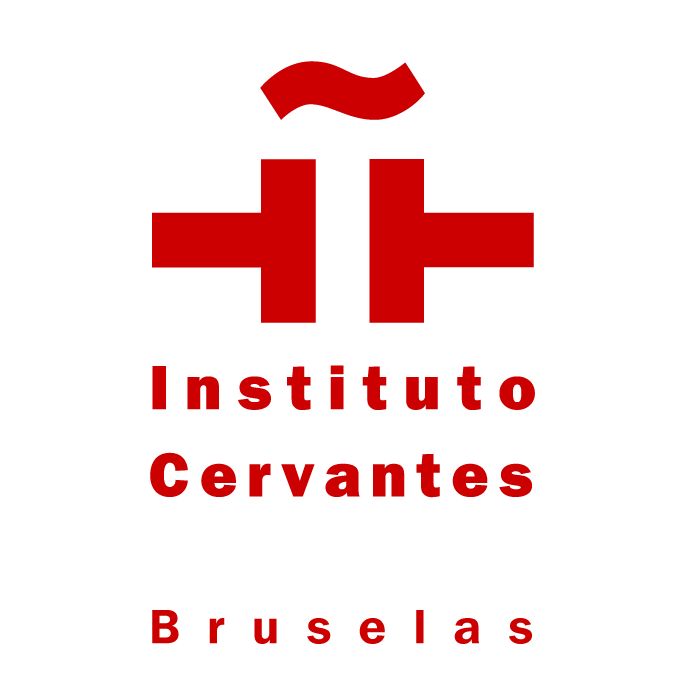
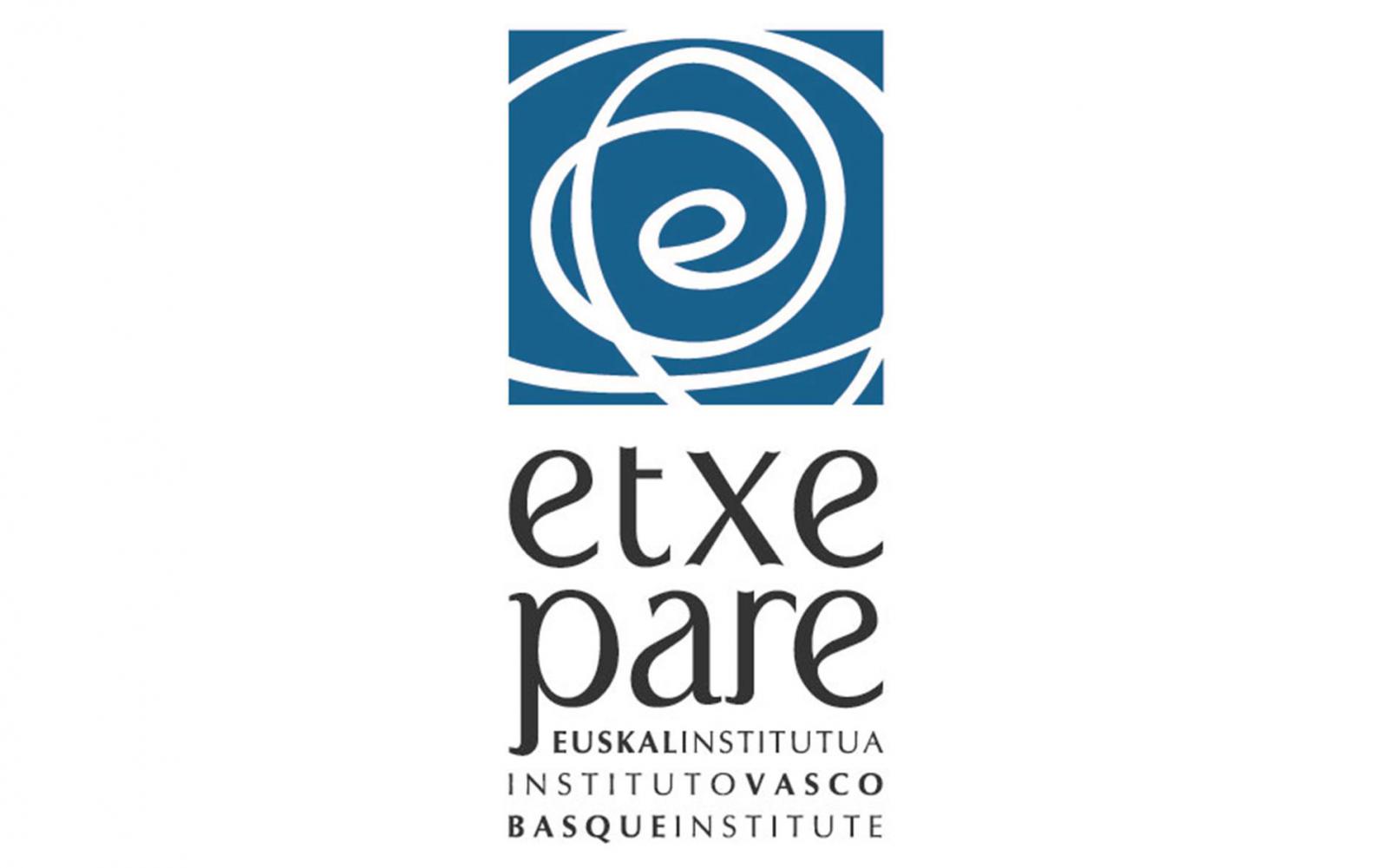
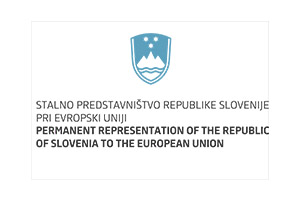
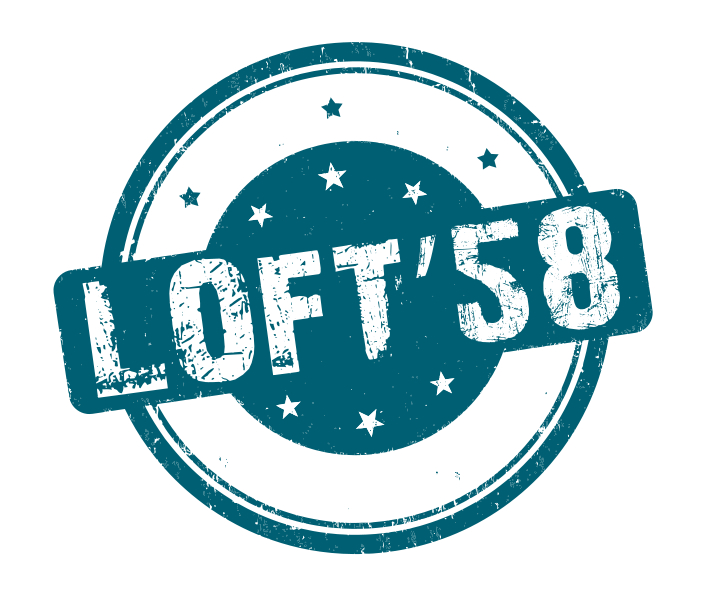


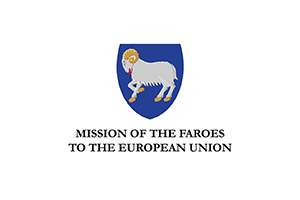
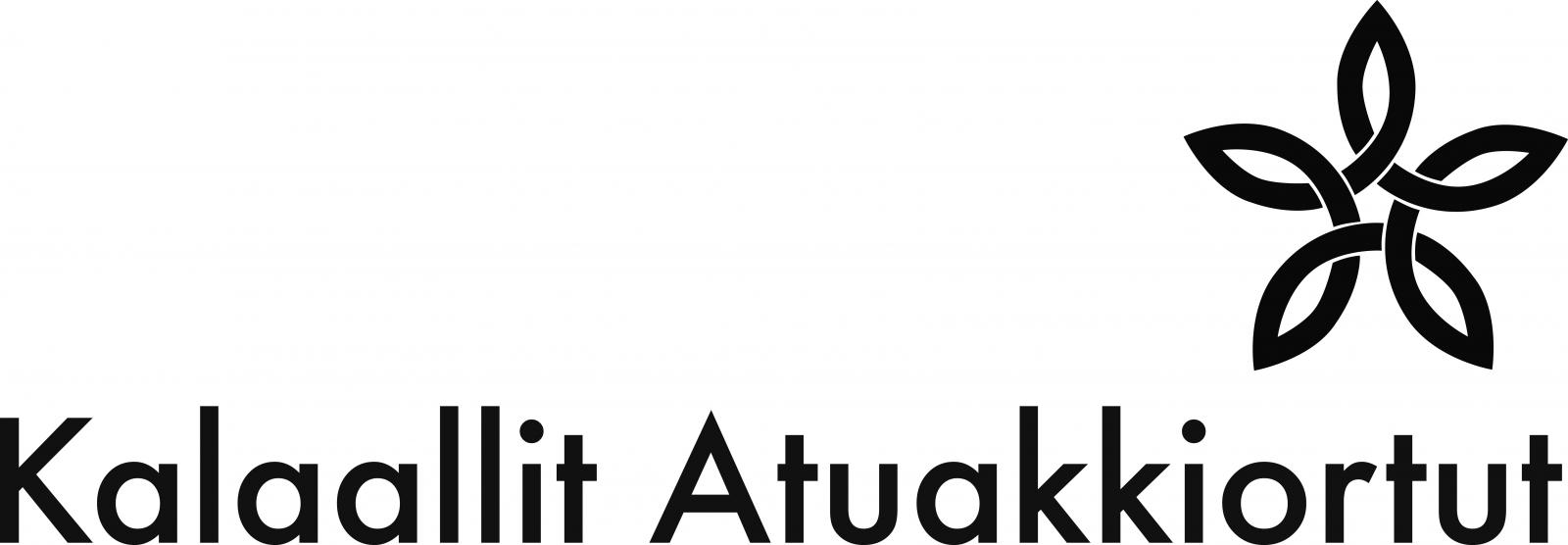


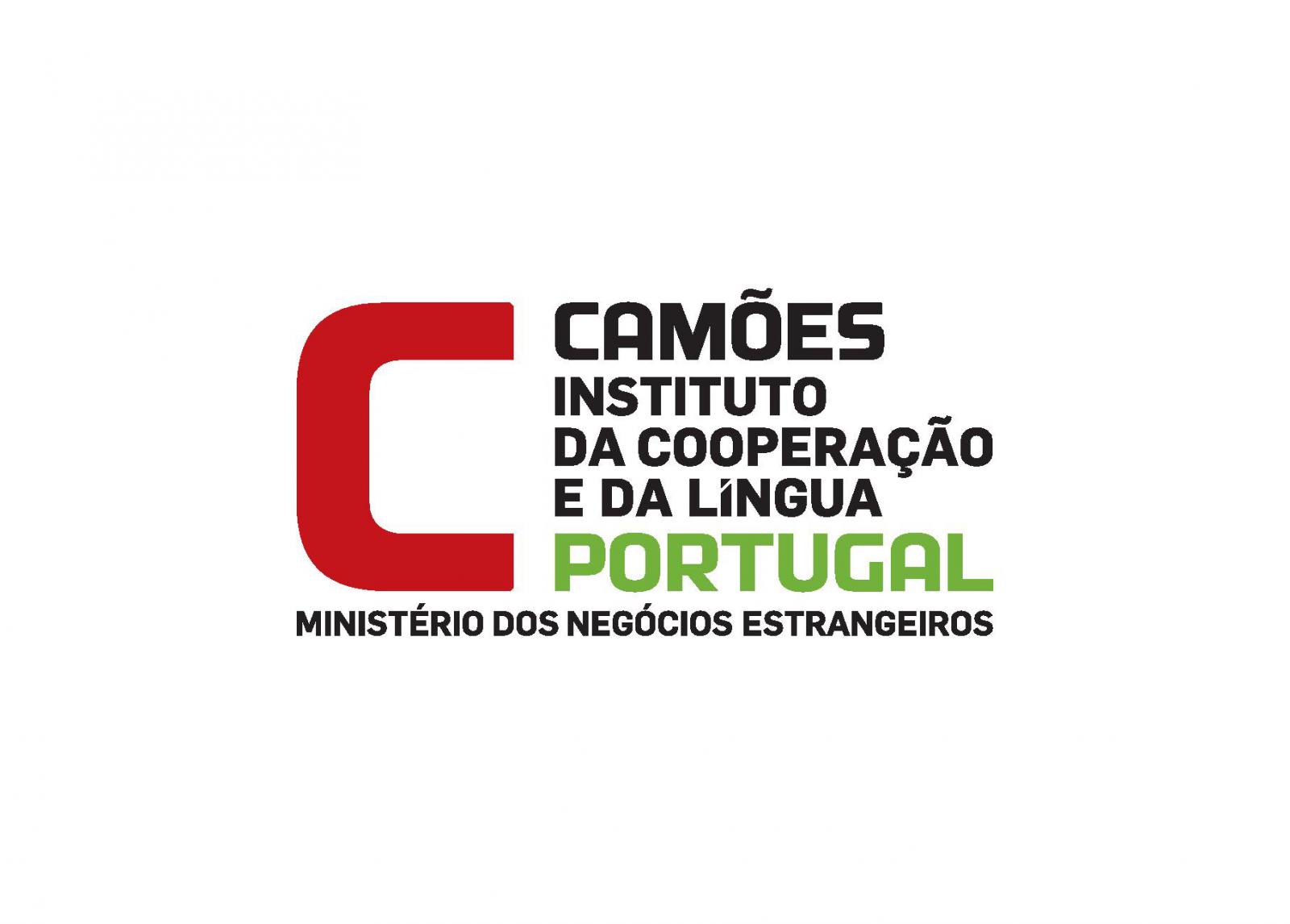
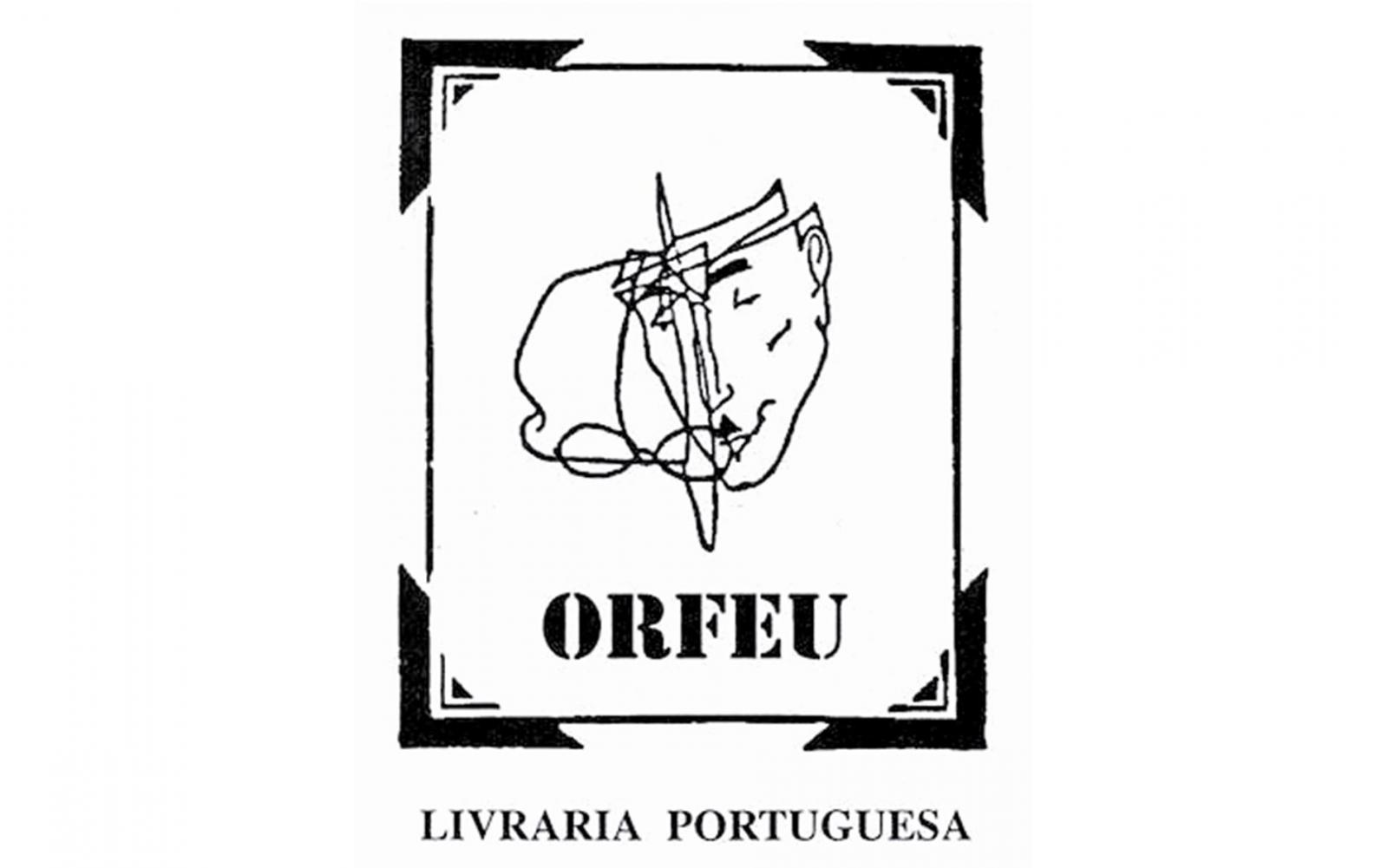
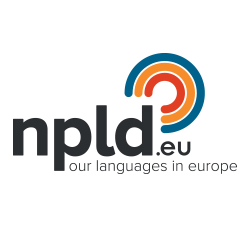


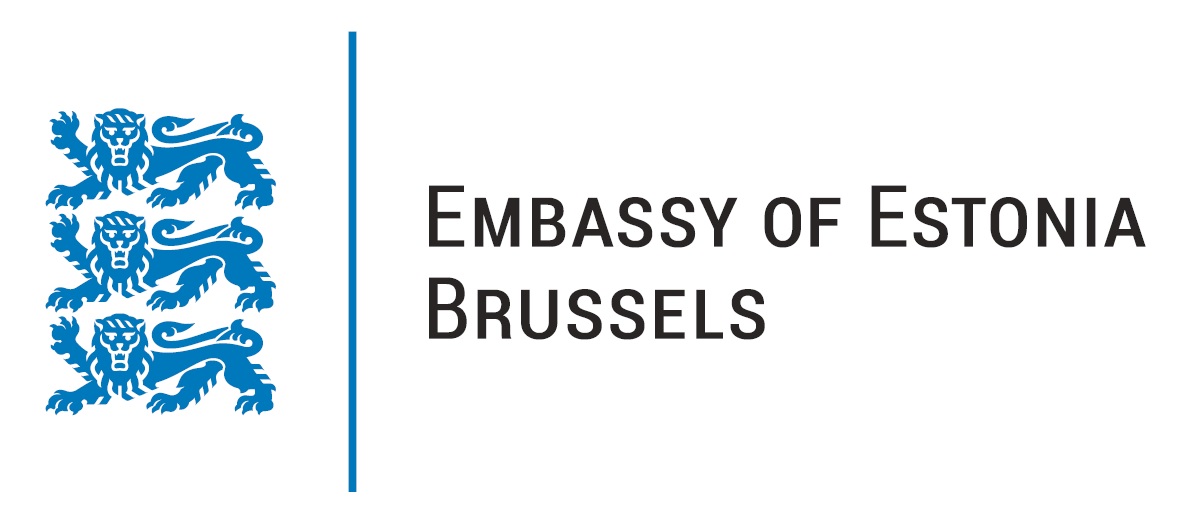
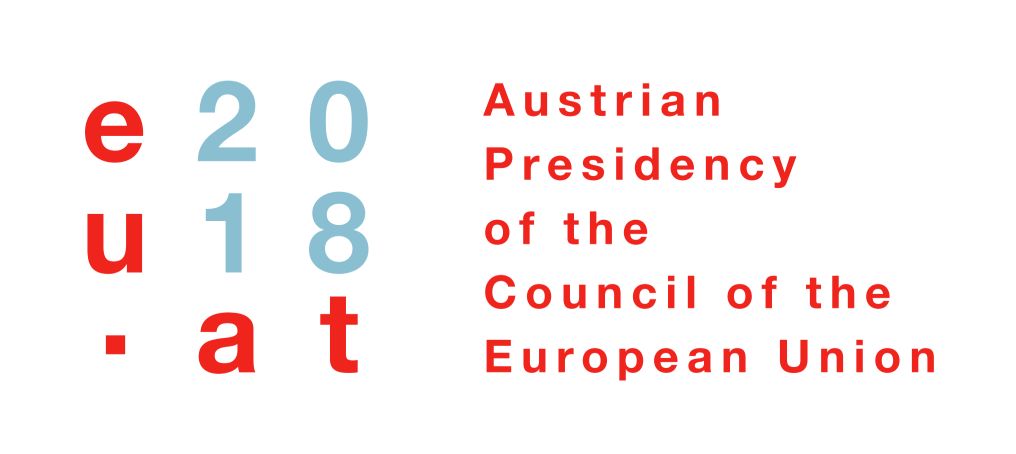
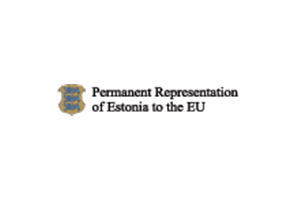
/RO - on the website.png)
